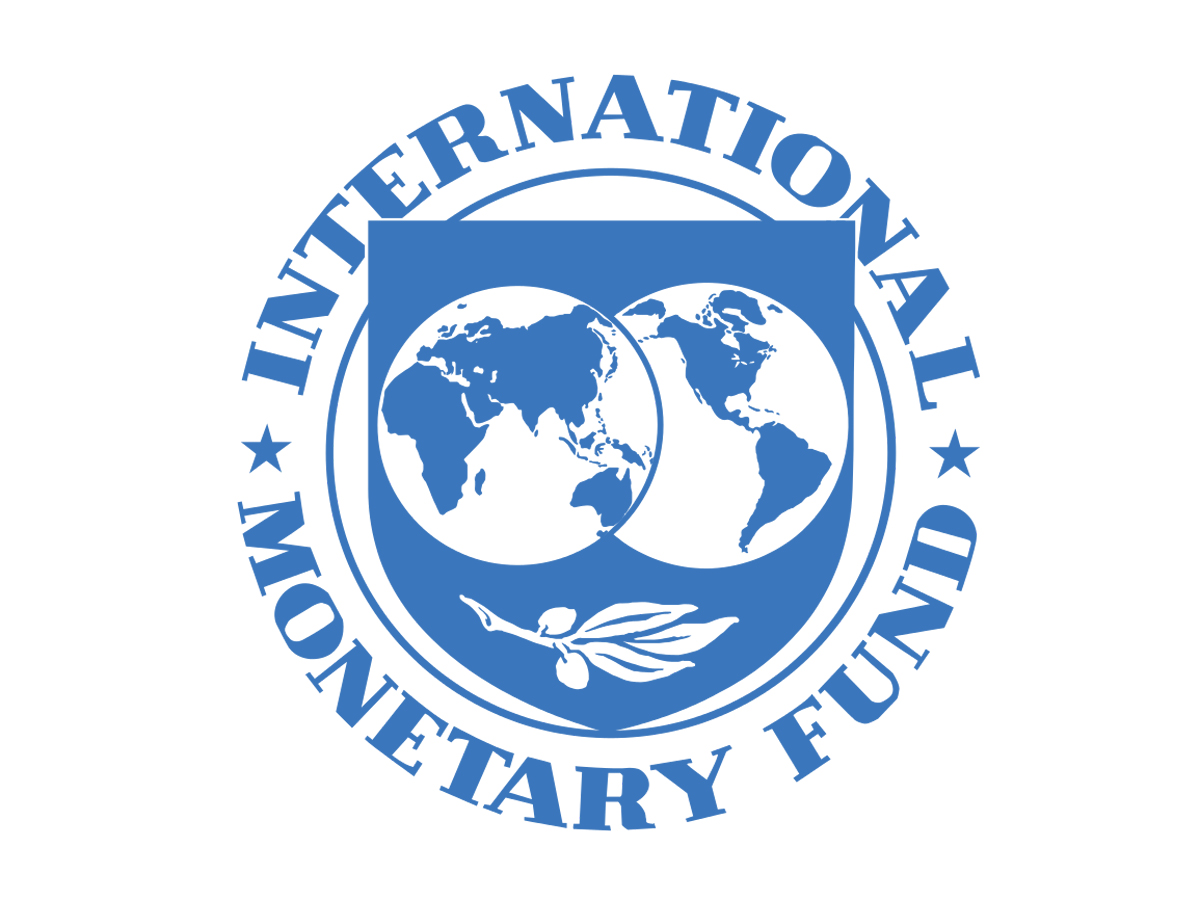An International Monetary Fund (IMF) team led by Mohammed El Qorchi visited Baku from November 30 to December 14 to hold discussions in the context of the 2018 Article IV Consultation.
At the conclusion of the visit, Mr. El Qorchi made the following statement:
"Growth prospects are positive in the near term. With expanding public investment and social spending, the nonhydrocarbon sector is expected to increase by 4 percent in 2018. The hydrocarbon sector, on the other hand, will continue to contract. Overall, growth is projected at 2 percent in 2018
"When the oil price shocks materialized, the authorities appropriately tightened macroeconomic policies, allowed exchange rate flexibility, and started to address banking system fragilities. With the recession now petering out and oil prices rising, there may be pressure to return to a fixed exchange rate regime and to unsustainably high public investment. This must be resisted. While oil prices have rebounded from the lows of early 2016, they are not expected to return to the lofty levels seen in 2011-14.”
"The most pressing challenge facing Azerbaijan is to address the vulnerabilities in the banking sector and to restart the credit intermediation process. To that end, the authorities should fully recognize the bad assets that are burdening Azerbaijan’s financial system. The prompt implementation of adequate solutions in this regard will contribute to economic growth. They have attempted to strengthen banking supervision and bank resolution with a view toward promoting financial stability. The authorities also agree that regulatory forbearance in the banking system should be removed in the near term, and reporting of banks’ financial data strengthened.”
"The mission would note the importance of preserving the independence of public institutions such as the Central Bank of Azerbaijan and the financial regulator (FIMSA).”
"The mission welcomes the authorities progress in implementing their structural reform agenda. Notable improvements have been made in social protection and labor markets, including a new unemployment insurance fund, implementation of pension reform, and a shift from passive to active labor market programs. Follow through and implementation of structural reforms, however, are critical. The impact of measures will be heavily diluted if they are not fully and vigorously applied.
www.anews.az
Follow us !











